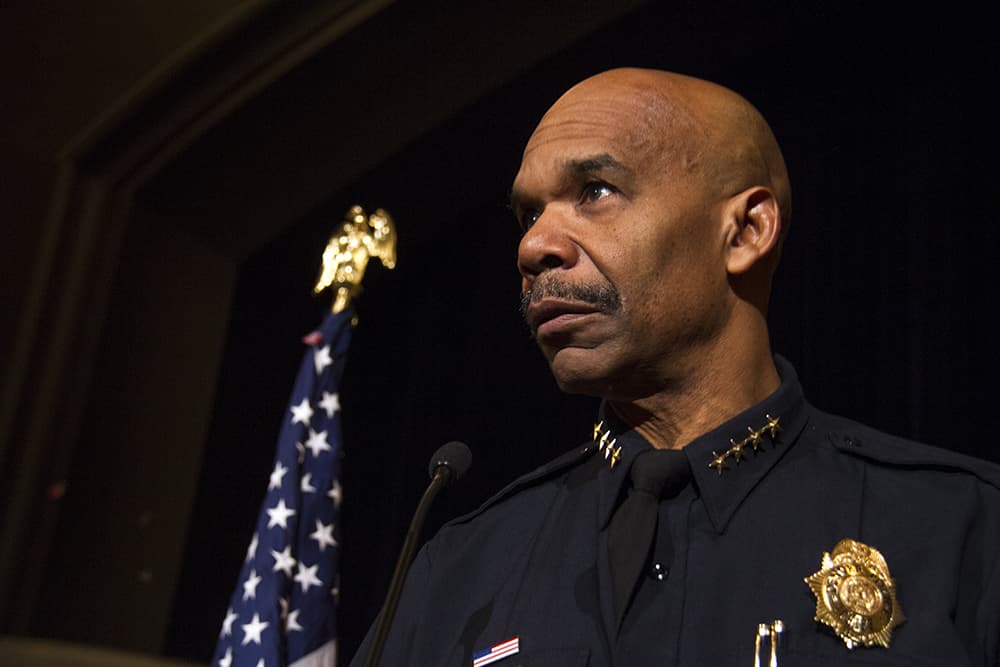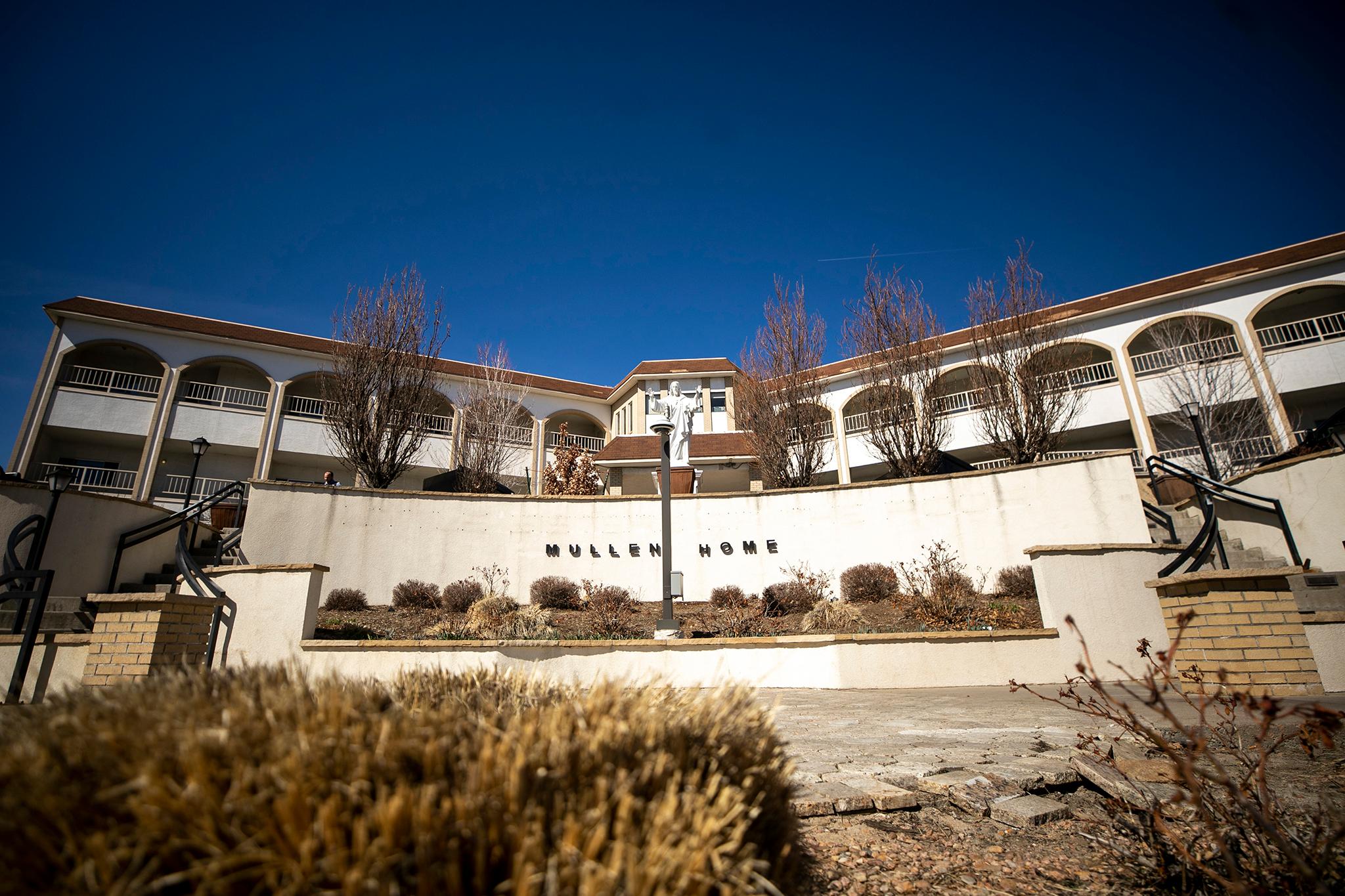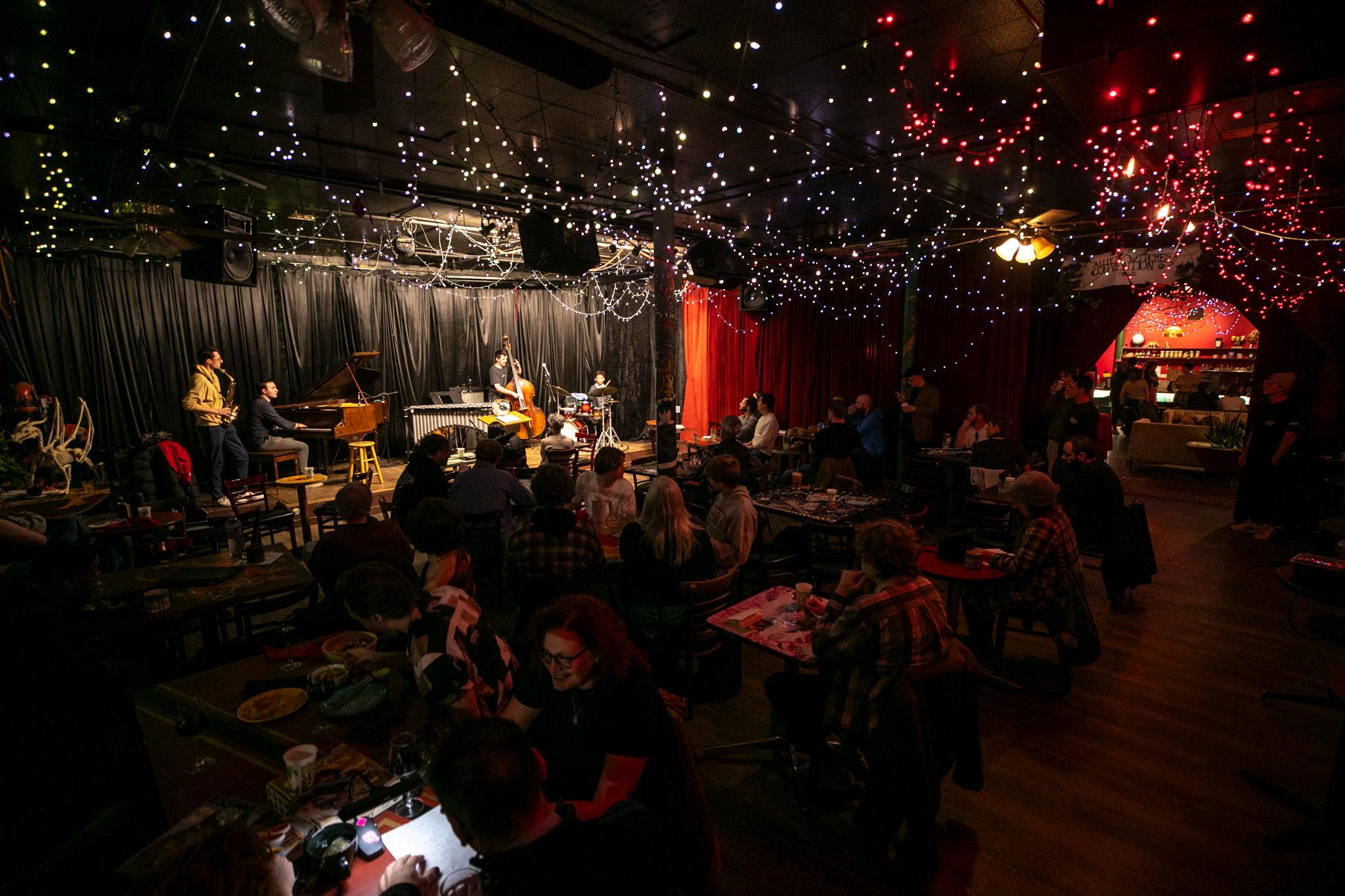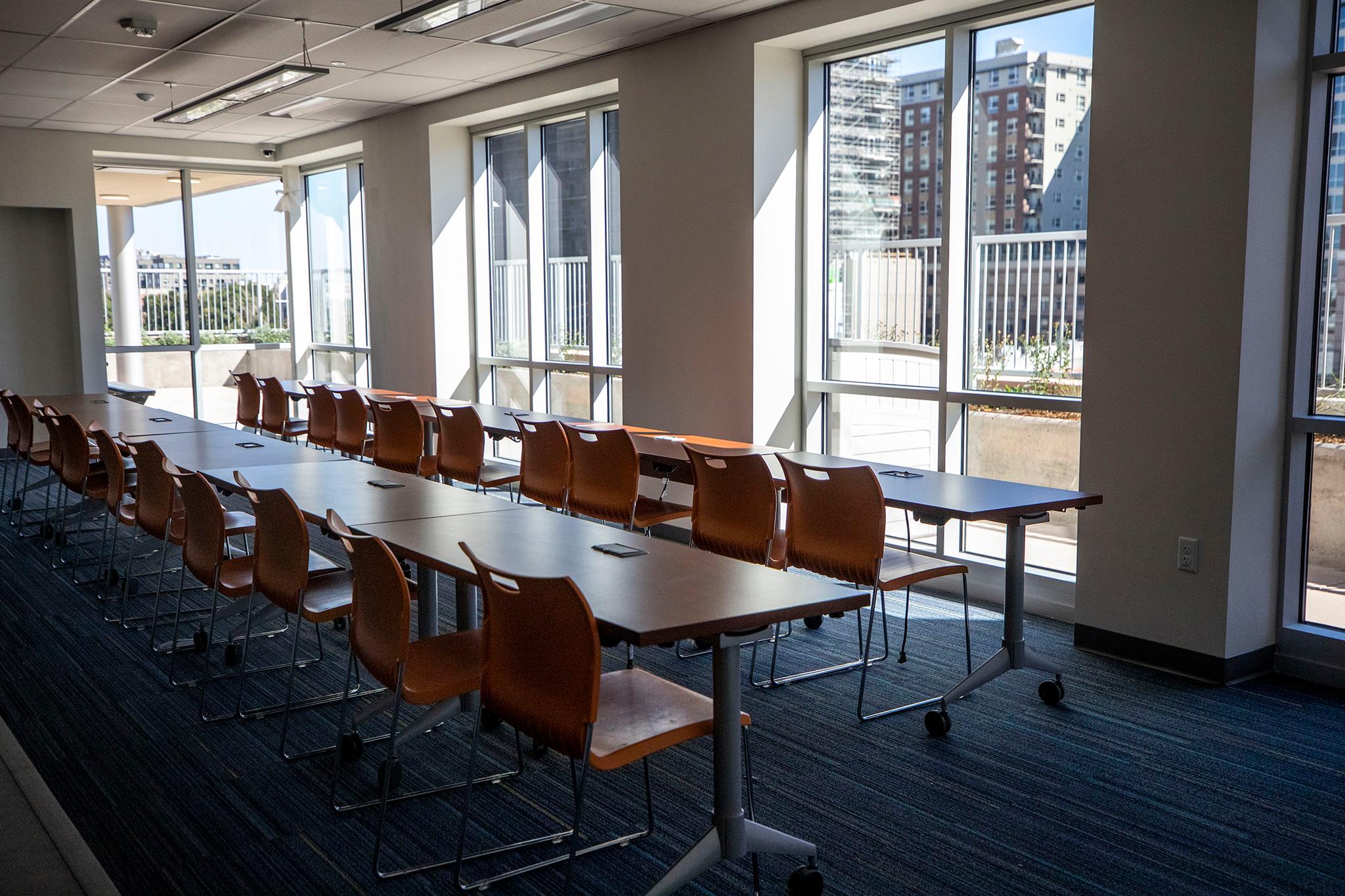Community activists -- and police union reps too, for that matter -- were not happy when Denver Police Chief Robert White released a draft of a new use-of-force policy without seeking any community input earlier in the process. Nor were they happy that the only way they could provide feedback was an email address.
"There is no opportunity for discussion, for asking clarifying questions," said Lisa Calderón, co-chair of the Colorado Latino Forum. "There is no dialogue whatsoever."

"Believe it or not, there are tons of people who don't have access to computers or email who are going to be impacted by this, people who are going to be affected who won't be able to read the policy online," said Will Dickerson with Together Colorado, a group of faith leaders active on civil rights and social justice issues.
"It's also really good to sit in the room together and hear stories about how people are experiencing the police and how the police are experiencing the community," he added. "When you just tell people how you are going to govern them, you create an abusive relationship where one person has power over another. We don't want an abusive relationship with the police department. We don't believe Chief White wants an abusive relationship with the community."
The Colorado Latino Forum launched an online petition Friday morning calling for a policy review board made up of community members and Together Colorado was planning an action next week to call for both public meetings on the policy and a community advisory board to work through revisions with the police department.
Then on Friday afternoon, the Denver Police Department announced they would hold three community meetings later this month to hear feedback on the use of force policy.
“We work for the community and their input is very important in the draft policy process," White said in a press release. "If some members of the community would rather provide feedback in person, then I welcome that opportunity. I am pleased by the interest and excited about the level of engagement in the Denver community. I am also confident that the policy which results from this process will be among the best in the nation and will assist in building trust within our community."
Dickerson said he was glad to hear about the community meetings, but that still leaves the question of a community advisory board.
"We know this is a response to us, and we're not buying it," Calderón said. "They're scrambling now to show that they symbolically care about community input. What we're asking for is a process to evaluate the merits of the policy and have input in its redrafting. What they're going to do is tell us what a great job they did."
Activists have contrasted this process with the much more involved one that went into creating the new use-of-force policy for the Denver Sheriff's Department. A task force that included community members, sheriff's deputies and people with experience in a variety of fields met over a period of months and went over every provision.
Calderón said that process built trust and understanding on both sides, with community members better understanding the jobs that deputies have to do and deputies better understanding community concerns.
The new policy emphasizes de-escalation and limiting the use of weapons. White described it as focused not on what officers can do legally but on what they should do.
Calderón said it's important that the rhetoric in the policy be reflected in both training and appropriate accountability after force is used.
"When they're asking officers to slow down their decision-making process, what does that look like? How does that happen?" she asked.
Calderón said the way the police department is approaching community engagement does not meet the standards laid out in the President's Task Force on 21st Century Policing.
Independent Monitor Nicholas Mitchell also was not included in developing the use-of-force policy, even though his duties include policy preview. He declined to comment on the policy itself or the process until he had a chance to study it thoroughly.
Here are the meeting dates:
When: Tuesday, Jan. 24, 5 p.m. to 8 p.m.
Where: Boys and Girls Club of Metro Denver, 3333 Holly St.
When: Saturday, Jan. 28, 9 a.m. to noon
Where: Elevate Denver Church, 2205 W. 30th Ave.
When: Saturday, Feb. 4, 10 a.m. to 1 p.m.
Where: Red Shield Community Center, 2915 N. High St.
People can also submit comments via email at [email protected] until Feb. 5.
The police department expects to issue a final policy in mid-February.
You can read the full draft here. It's only 10 pages.












